Elementary Education / Special Education Major
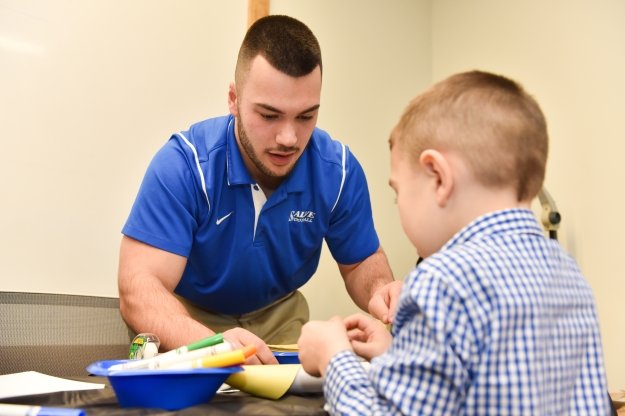
Grounded in the liberal arts tradition and consistent with our mission, Salve Regina University's elementary and special education programs integrate content-oriented curricula with a comprehensive study of teaching methods and practical field experience in diverse settings. We emphasize culturally responsive teaching and attentively revise our curriculum to ensure that our students are implementing the most current, innovative and effective practices in the schools where they work.
Salve was great at gradually releasing education majors into schools to teach lessons and gain experience. This aspect of the education department is something that I will always be grateful for and remember.
Rob Toribio '09, second-grade teacher, Pell Elementary School
Your Passion for Teaching Starts Here. Your Impact Lasts a Lifetime.
Our practice-based elementary education and special education curriculum delivers diverse content knowledge designed to prepare you to apply for Rhode Island teacher certification in grades 1-6. Rigorous coursework espouses a general, liberal and humanistic education while emphasizing foundational studies, specialized methods and a program of expanding field experience - all of which culminates with required student teaching in one of our many partnering elementary schools.
Our special education program - which can only be taken as a double major with early childhood or elementary education - prepares you to work with students impacted by mild and moderate special needs.
We are committed to graduating highly qualified, well-prepared teachers who are active participants in the lives of children and the vitality of schools. From your first courses to your culminating student teaching placement, you'll gain the real-world experience, mentorship and innovative strategies needed to thrive as an educator.
We also offer a combined bachelor’s/master’s program, enabling qualified Salve undergraduates to begin our graduate program in special education in their senior (fourth) year.
What Sets Salve Apart
Our faculty have incorporated science of reading instruction components that allow our students to meet the requirements of the Right to Read Act.
Our programs are accredited by the R.I. Department of Education and aligned to its professional teacher standards. Through an interstate agreement, our graduates can transfer their credentials to 45 states, Washington, D.C., Puerto Rico and Guam.
Add a Special Education Major
Our special education program - which can only be taken as a double major with early childhood or elementary education - prepares you to work with students impacted by mild and moderate special needs. Our students examine exceptionality and its relation to learning styles, teaching styles and service delivery models. Through comprehensive coursework and field experience, you'll develop strategies that respond to students' academic and behavioral needs while effectively managing your classroom and teaching practice.
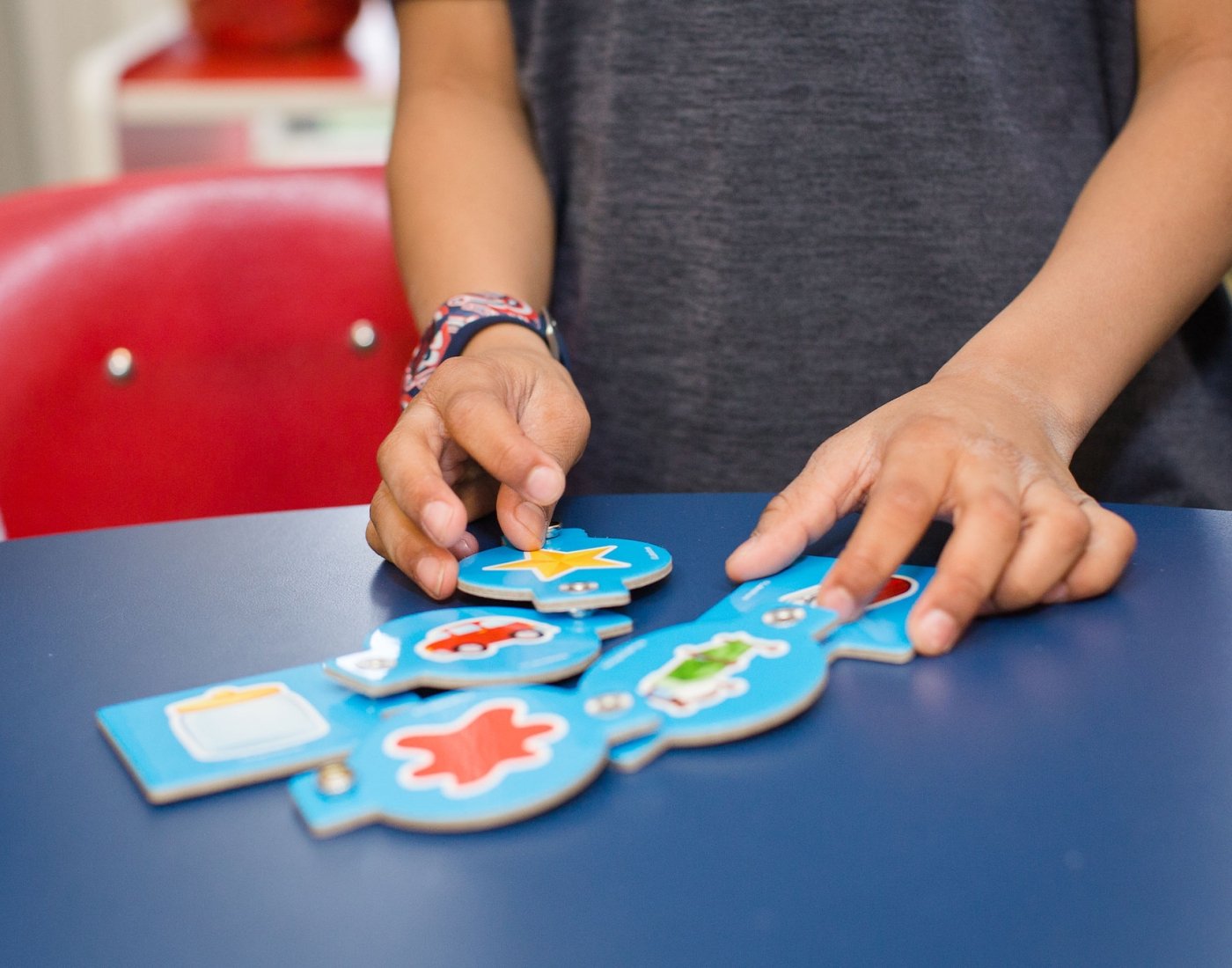
Three Years of Field Experience
Hands-on experience isn't just a part of our program - it's the foundation. Starting in your sophomore year, you'll step into real classrooms, gaining three full years of field experience by the time you graduate. Through partnerships with local schools, you'll work alongside seasoned educators, applying what you learn in real time and building confidence in your teaching abilities.
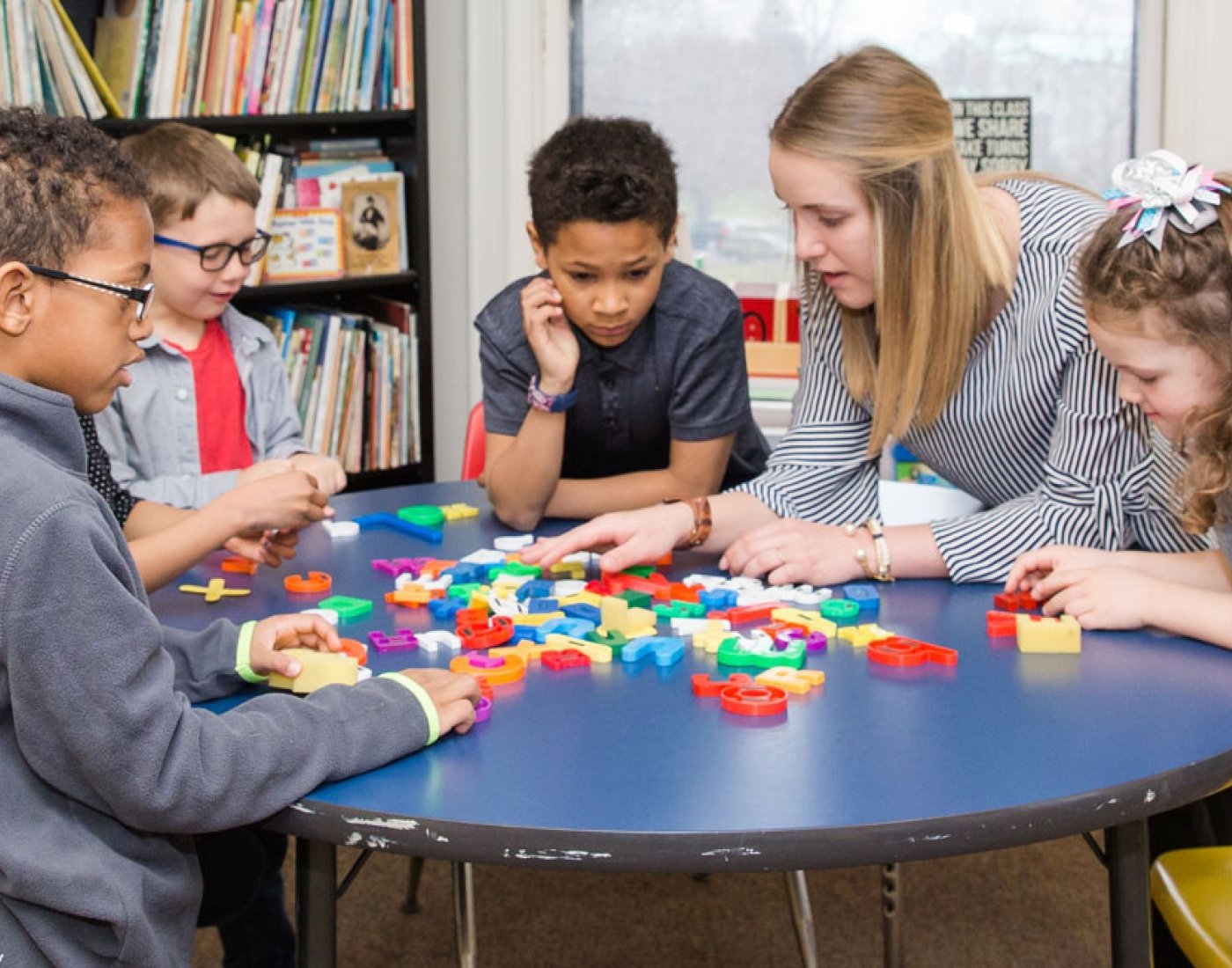
Clinical Placements
Our elementary and special education majors benefit from the personalized guidance they receive from faculty and school professionals. Through extensive clinical placements, which culminate in two semesters of student teaching assignments, you'll put theory into practice, observe cutting-edge methods and gain valuable experience in your discipline.
During your student teaching placements, you'll have substantial responsibility for the full range of teaching duties. Your one-year residency is balanced with analysis and evaluation of the teaching-learning process in a weekly seminar, as well as in individualized conferences with supervisors.
Students and Alumni Making Waves
Abigail Williamson '21
Fourth-grade special education teacher, Gaudet Learning Academy
"Salve's elementary education and special education programs prepared me to enter the classroom not only with strong foundational knowledge, but with the tools to effectively differentiate instruction, collaborate with colleagues and support diverse learners confidently. The structure of Salve's program with early and ongoing placements, meaningful mentorship and dual certification meant that I entered the field with a significant amount of experience. My transition into full-time teaching was seamless because I had already built real-world skills and meaningful connections during my student teaching in Middletown, where I now teach."
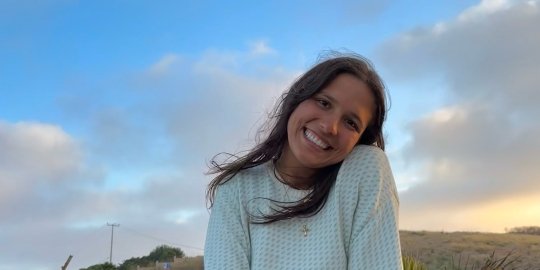
Panayiota Veronis
Elementary education and special education major
"One of the greatest highlights from my time at Salve has been the relationships that I have created with each of my professors. Specifically within the education department, I have felt an abundance of support. Dr. Kimberly Behan stands out as a professor and mentor who has left a lasting impact on both my academic and personal journey. Since freshman year, she has challenged my thinking, shown care in my work and has pushed me towards being the student, teacher and individual that I am now leaving Salve as. To anyone considering studying elementary and special education, I deeply encourage you to do so."
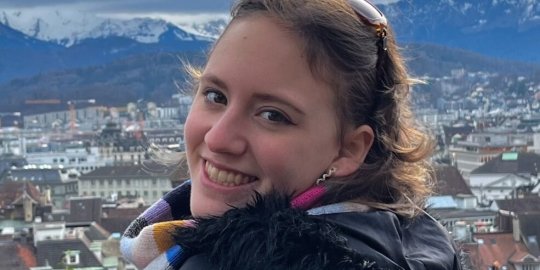
Kaelie Piscitello '24
Fulbright English teaching assistant, Taiwan
"Studying abroad changed my mindset about education. It got me interested in not only learning but teaching around the world. I'm honored and excited to have been selected for this opportunity." Read more about Piscitello's Salve experience.

Cameron Angelo
Elementary education and special education major
"Being an education major has been the best part of my Salve experience. The small department size makes the program feel like a family. We get to learn and grow with each other as well as from each other. The community and opportunities given by Salve's education department is what sets it apart from other schools."
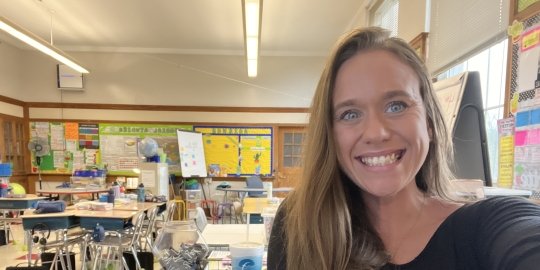
Courtney Wood '15
Fourth-grade teacher, Guiteras Elementary School
"Throughout my three years of practicum, I was given multiple opportunities in both the general education setting and in resource classrooms providing instruction to students with individualized educational plans. These experiences provided me with hands-on opportunities to interact with students ages 6-12 with different academic backgrounds. Many of the teaching styles and organizational strategies I learned during this time are things I still do in my classroom today."
Study Abroad Opportunities
At Salve, education majors can study abroad for a semester in the spring of their sophomore year or participate in one of our short-term summer study abroad opportunities. Our students have studied in England, Ireland, Italy and more.
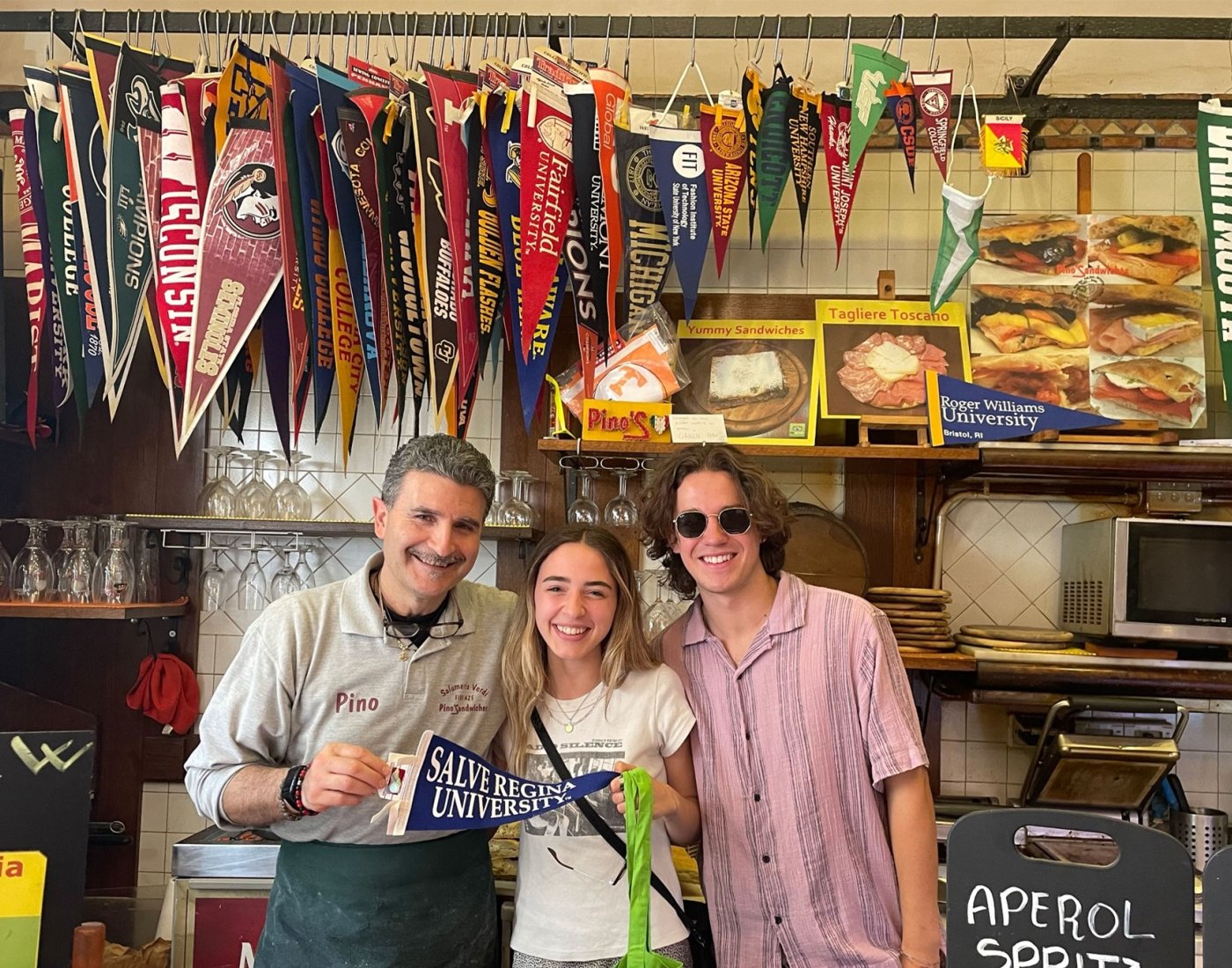
Vibrant Student Organizations
You can join campus organizations such as Best Buddies, Student Education Association, Student Government Association, Multicultural Student Organization, Black Student Union and more - offering ways to build leadership skills, form lifelong friendships, participate in service projects and make a positive impact on local schools and communities.
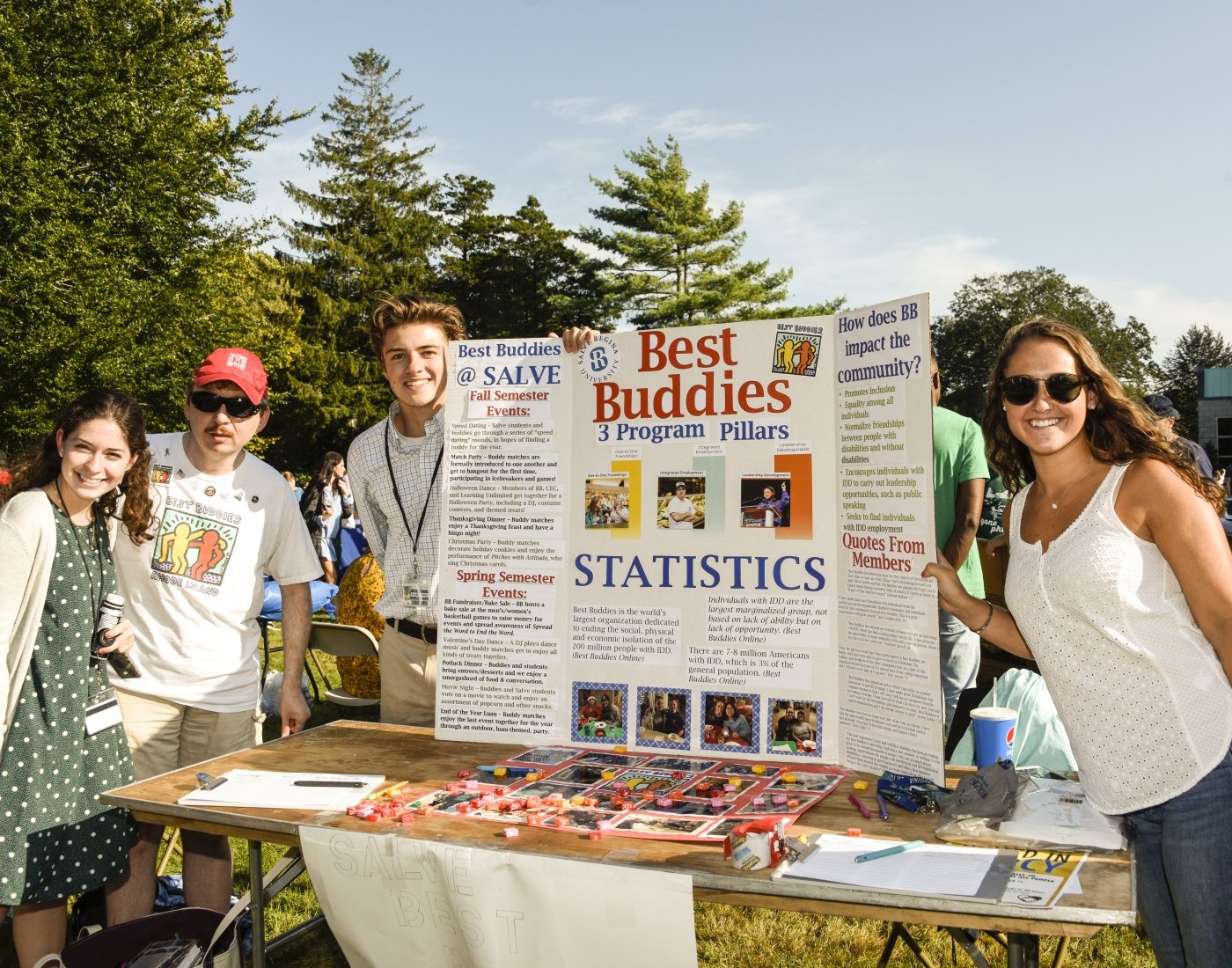
Career Paths in Elementary Education
A degree in elementary education and special education from Salve opens doors far beyond the traditional classroom.
While many graduates become certified elementary teachers, others pursue careers as curriculum specialists, guidance counselors, school administrators, librarians and child life specialists - some of which require additional graduate study.
Our program not only prepares you for these diverse career paths but also equips you with the skills and knowledge to excel in graduate settings. With expertise in lesson planning, classroom management, public speaking, teamwork, creativity and technological proficiency, our alumni are highly sought after in education, leadership and beyond.
A look at where our alumni are now:
- Associate attorney, Sherin and Lodgen
- Dean of students, St. Michael’s Country Day School
- Fluency solution advisor/team lead, Solventum
- Fourth-grade teacher, Revere (MA) Public Schools
- Instructor, Nashoba Valley Movement
- JD candidate, Boston College Law School
- Principal, H. Olive Day School
- Sixth-grade teacher, Plymouth (MA) Public Schools
- Special education director, Londonderry (NH) School District
- Special education teacher, Fall River (MA) Public Schools
Degree Options
Bachelor of Science in elementary education
Our elementary education program is designed for students who are passionate about teaching and eager to make a meaningful impact in grades 1-6. The program blends practical field experience with a strong foundation in teaching methods and educational theory, preparing graduates to become effective, compassionate educators in today’s diverse classrooms.
Bachelor of Science in elementary and special education
Our elementary education and special education double major is designed for students who are dedicated to creating inclusive, supportive learning environments for all children. This comprehensive program equips future educators with the knowledge, skills, and hands-on experience needed to teach those with diverse learning needs - making them highly prepared and versatile professionals in today's classrooms.
Minor in special education
All education majors, along with students not majoring in education, are welcome to minor in special education. Our minor does not meet the requirements for special education teacher certification.
Meet Our Elementary Education Faculty
Comprehensive instruction and personalized guidance from our committed and experienced faculty ensure that our students acquire the knowledge and skills needed to become exemplary practitioners and scholars.
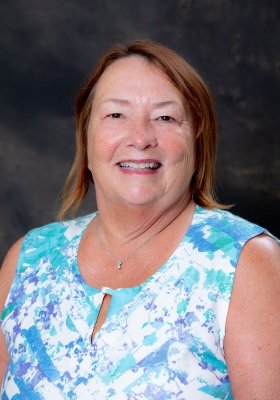
Dr. Kimberly Behan
- Lecturer
- Chair, Education
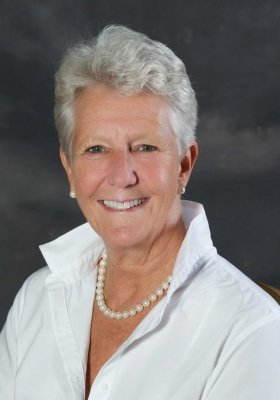
Dr. Jennifer Booth
- Lecturer
- Graduate Program Director
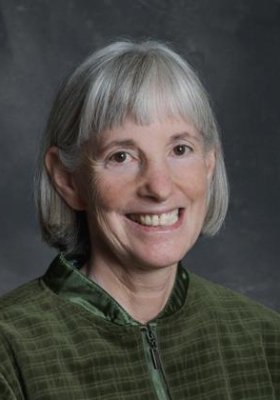
Dr. Alice Graham
- Professor
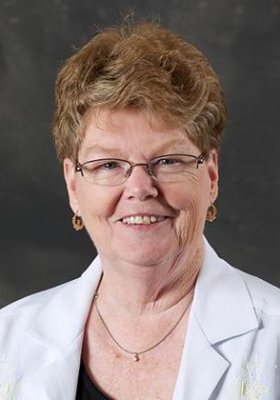
Dr. Elizabeth McAuliffe
- Associate professor
- Coordinator
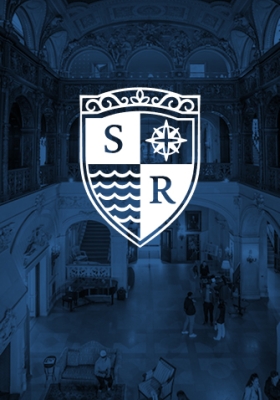
Dr. Holly Moore
- Associate professor
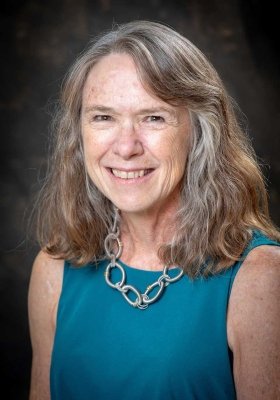
Dr. Pamela O'Day
- Lecturer
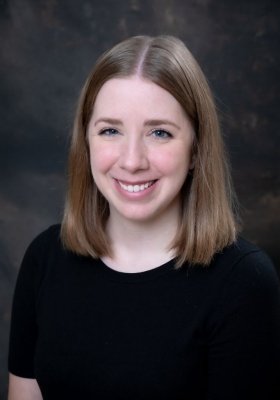
Dr. Anna Oliveri
- Assistant professor
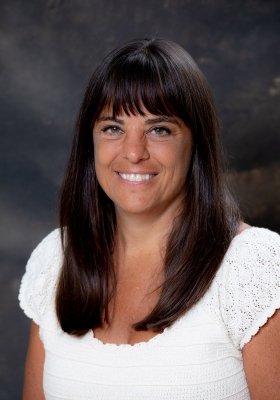
Dr. Tracy Pelkowski
- Associate professor
- Program coordinator
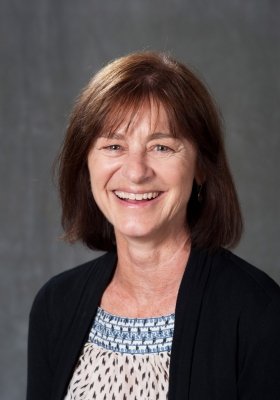
Susan Small
- Lecturer
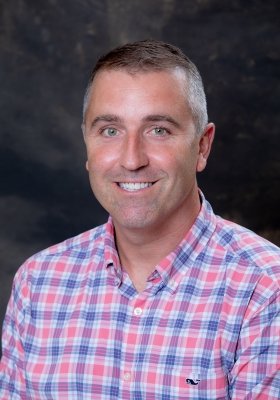
Dr. Matthew Taylor
- Assistant professor
